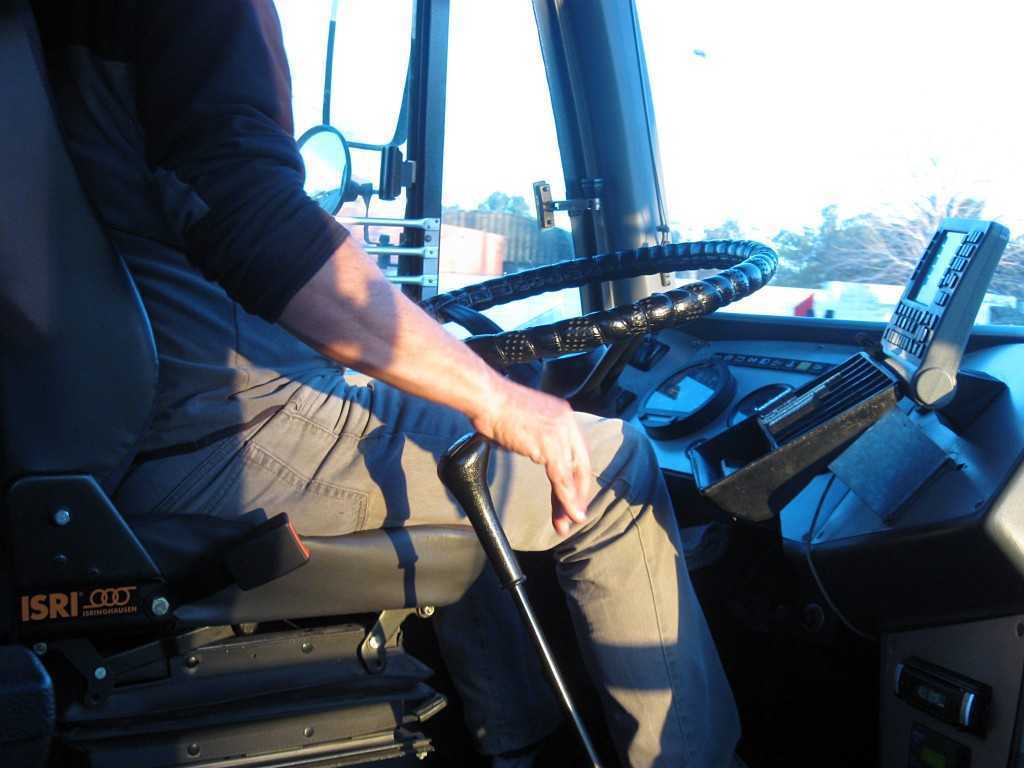 Today’s technology has stepped up: from mobile phones that do almost everything to eyeglasses that record a day’s activity. Perhaps one of the newest inventions and one that is directly helpful in our day-to-day world is GPS, or global positioning system. GPS tracks down anything, or anyone, to their specific location.
Today’s technology has stepped up: from mobile phones that do almost everything to eyeglasses that record a day’s activity. Perhaps one of the newest inventions and one that is directly helpful in our day-to-day world is GPS, or global positioning system. GPS tracks down anything, or anyone, to their specific location.
A good example of GPS is in social media, where we can know exactly where our friends are in a process called “checking-in”. There are other uses of GPS, though, and one of the greatest applications is in business.
GPS in Business
The business uses of GPS are wide and varied, and companies use it to manage employees. It is particularly useful for managing a fleet, such as for cargo and moving. They utilise a special device called a GPS fleet tracker to follow the location of every product in the fleet, in real time.
Why Track Cargo? Its Advantages and Uses
GPS informs the company where the cargo is at any time, and whether drivers on official routes or not. Managers can decide on diverting the flow of delivery, or to ask the driver if there are problems. Navman Wireless also points out that GPS fleet tracking also addresses customer concerns, especially when they inquire on the status of their package.
When vehicular problems arise, the team can respond immediately as they already know the location. Sometimes, relying on good old maps and addresses is confusing, resulting to delayed help.
Another advantage is being able to keep track of the efficiency of your fleet. You will know whether a certain driver is not up to par with the other drivers. Apart from the obvious performance tracking of such a system, managers can deduce which routes save time and fuel.
Ultimately, a GPS fleet tracker provides information used to make adjustments, new policies and create better services. It’s not just to keep tabs on people, but more importantly to aid decision-making on better management and planning.

